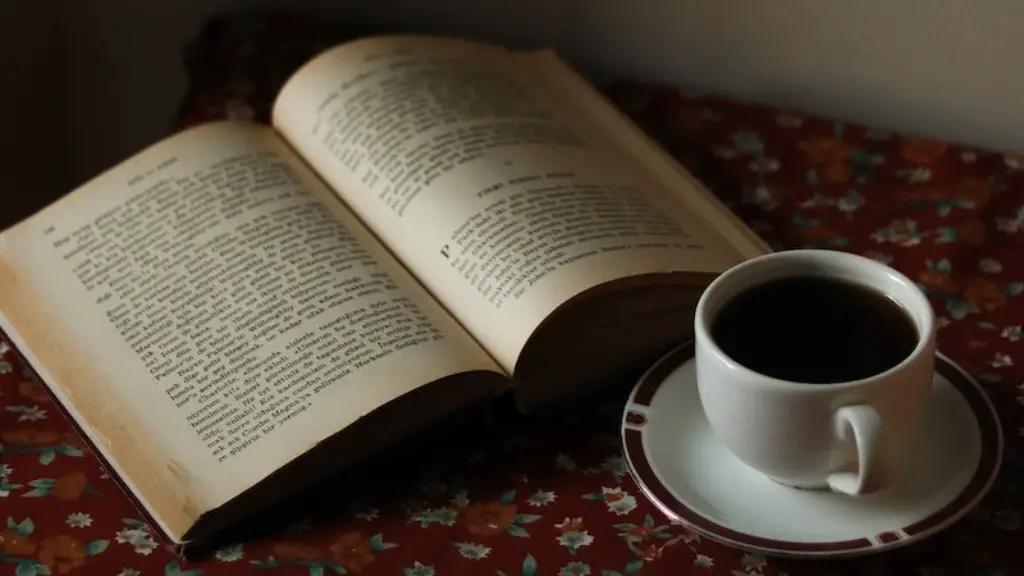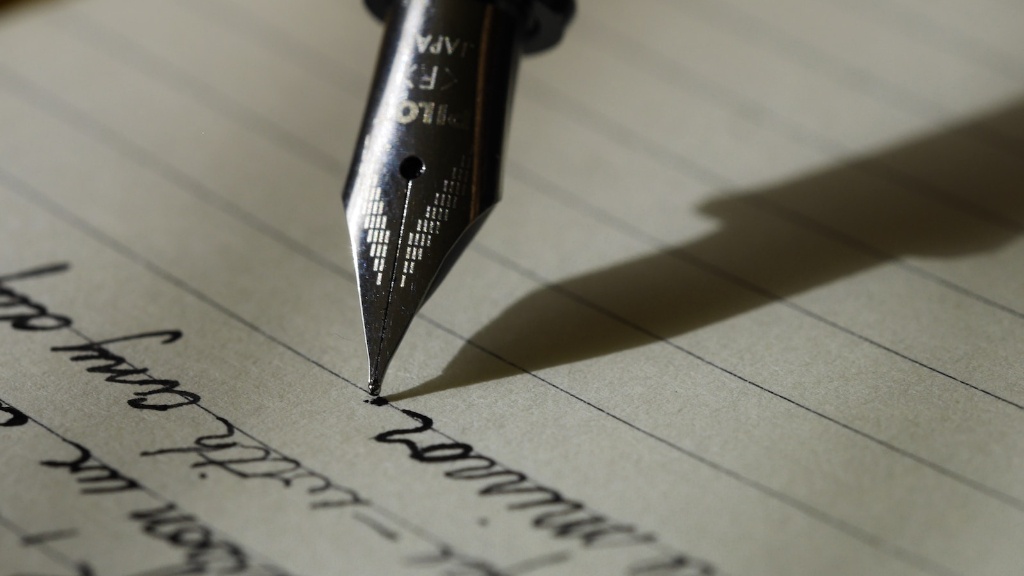Which Language Has The Best Poetry?
What is the most beautiful language for poets to ply their trade? What language harnesses metaphor, symbolism and rhythm in a way that captures the human spirit? To answer this question, we must analyze the languages, both historically and aesthetically, seeking out the most articulate way of expressing the emotions of poets – and their audiences.
From a historical perspective, the first great works of literature, the Iliad and Odyssey, were written in Ancient Greek, one of the earliest recorded literary languages. Greek is known for its poetic complexity and its ability to paint vivid mental pictures. Its reoccurring themes and metaphors have gone on to influence many other poetic works, and many writers of the Romantic period sought to imitate it. Similarly, Latin, the revered language of antiquity, is renowned for its precise articulation of difficult topics. Its classically structured syntax and inflectional verb forms have contributed heavily to Western literature through the centuries.
In the Asian world, Chinese has been widely regarded as one of the most important non-European languages for poetry. Its pictographic and ideographic sources are perfect for a vivid and communicative expression. This tradition has been passed down into modern times, as Chinese poets draw from an immense repository of poetic images and symbolism to create vivid and expressive works. Similarly, Japanese is well thought of for its syntactical structure, its repetition of words to great effect, and its immensely effective use of sound symbolism, resembling English’s onomatopoeia.
In contrast to the Asian languages, European tongues often emphasize control and order. Poetry in English, for example, often involves the manipulation of long and flowing sentences to great effect. French and Spanish also often employ a measured syntax, ensuring a smooth flow to words while conveying serious meaning. It is this guarded way of communicating which has led to the tremendous success of these languages in the field of poetry.
In modern times, many of these languages have come together to broaden the scope of poetry. The adapted Arabic word ‘Ghazal’, for example, combines with English for a truly unique and intricate form of expression. It reflects the blending of cultures and languages, proving that there is no single language which alone can provide the best poetry, but rather a combination of the elements of all these languages.
The Expressive Consequences of Languages
But what role do the languages themselves play in determining the quality of poetry? Some linguists have proposed that perhaps some languages are more ‘expressive’ than others. According to this hypothesis, a language like Greek, which has kept its basic structure since antiquity, would be regarded as an expressive language, possessing a rich and sophisticated grammar perfect for poetic purposes.
This is in contrast to many modern languages which possess a much more flexible structure. A language such as English, which is regularly adapting to include new words and constructions, would be considered less ‘expressive’, but this does not always mean it is less effective when it comes to poetry. English’s polyseme – a single word having more than one meaning – has been matched by the diversity of its incomings and outgoings, endowing English with a deeper level of meaning beyond the narrow scope of a single word.
In addition to polyseme, English is well known for its idioms and metaphors. Even the most rudimentary knowledge of English can produce sentence structures with dubious interpretations, giving readers the power to find new and personal meanings that relate to their own experiences. Ultimately, while language itself can influence the quality or genre of poetry, skilful poets can make use of whatever language they wish to create works of art of the highest quality.
The Poet’s Voice
At the end of the day, it is the poet’s artistic insights rather than the language itself which decides what is great poetry. In Ancient Greek, for example, Virgil’s Aeneid might be considered a better work than Homer’s Iliad, but what truly makes it great is the outpouring of emotion throughout the text, with its skilled imagery, descriptions and characters, a product of Virgil’s own interpretive power.
Similarly, the romance languages have had great success with poets such as Pablo Neruda who have found unique ways to express their feelings. Neruda takes only the best of his language, tapping in to all the emotions that define romance and creating works of exquisite beauty that stand as some of the greatest poetic masterpieces of all time.
In the end, whichever language a poet chooses to work with, what matters is how they use that language to communicate with the audience. Whether it is ancient Greek, Chinese or English, poets and writers must capture the audience with their words and create truly captivating works of art. This is the foundation of poetry, no matter the language.
Meter and Rhyme
Part of poetry’s charm is its communicative ability, but there are also many stylistic elements that can bring words and phrases to life. One of these is rhythm, as expressed in the form of metre and rhyme. The repeated use of identical or similar sounds at regular intervals can have an immense effect on the readers, bringing them together. German, for example, is renowned for its use of alliteration in poetry, often for humorous purposes. English is also very powerful in this regard, and its history of rhyme, from Old English alliterative verse up to modern rap and hip-hop, proves that its use of rhythm is second to none.
These poetic tools, when used with the right language, can make reading a truly soul-enriching experience, allowing the reader to go beyond words and allowing them to experience the work in a deeper way, as if they were part of the poem itself. Language, when paired with the right metre and rhyme, can create a truly immersive environment in which to explore the poetic scriptures.
A Cultural Perspective
Our experience of language also changes depending on our cultural background. A single word can convey a thousand connotations that relate to our personal experiences. This is especially true of the non-European languages where the intricate details of a language have been so intertwined with culture for so long.
Poets that come from certain cultural backgrounds, for example, might prefer to write in their native language, as it allows them to express feelings and experiences unique to their cultural tradition. Similarly, some artists may be more comfortable expressing their emotions in more familiar languages, as their personal history and understanding of the language may lend a certain note of authenticity to their works.
Ultimately, language does play a part in determining the quality and appeal of poetry, but it is not the only factor. It is the poet’s understanding of the language, the cultural associations and embedded history, as well as their own interpretations that determine the quality of their work.
Conclusion
Many poets have used varying languages to create some of our most beloved works of literature. Using only language is not enough, as it takes more than words and grammar to make something great. Great poetry is a product of insight, emotion, and knowledge, a mode of communication that surpasses language itself. With the right skills, poets can use any language to their advantage, be it Greek or Chinese, Spanish or Japanese, to create works of beauty that will transcend generations.




